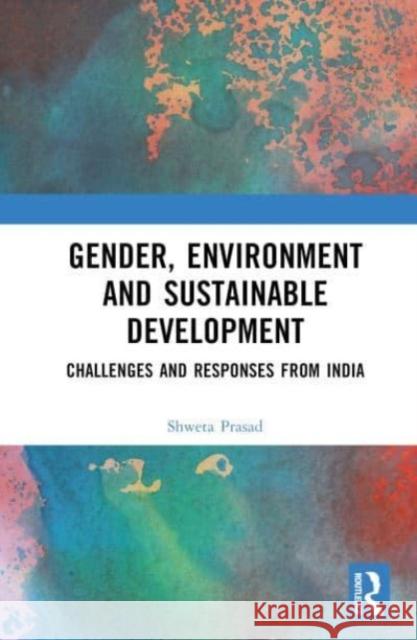Gender, Environment and Sustainable Development » książka
topmenu
Gender, Environment and Sustainable Development
ISBN-13: 9781032628417 / Twarda / 2023 / 250 str.
Gender, Environment and Sustainable Development
ISBN-13: 9781032628417 / Twarda / 2023 / 250 str.
cena 759,15
(netto: 723,00 VAT: 5%)
Najniższa cena z 30 dni: 654,86
(netto: 723,00 VAT: 5%)
Najniższa cena z 30 dni: 654,86
Termin realizacji zamówienia:
ok. 22 dni roboczych.
ok. 22 dni roboczych.
Darmowa dostawa!











